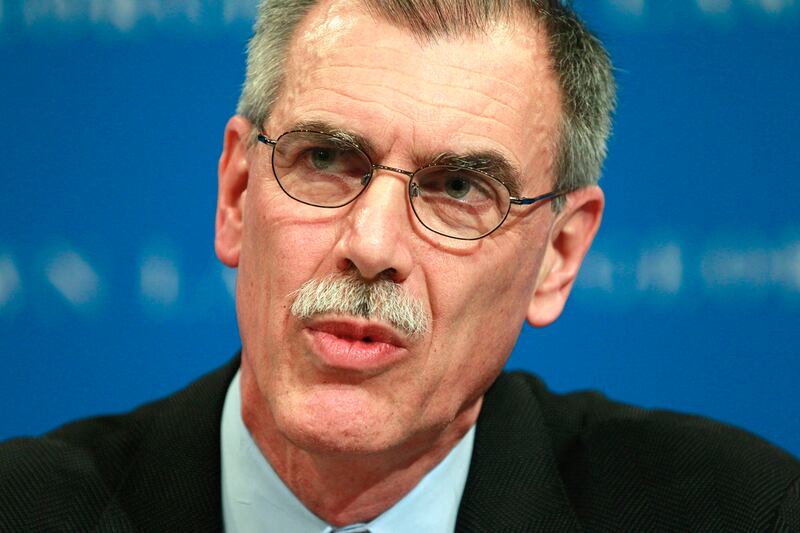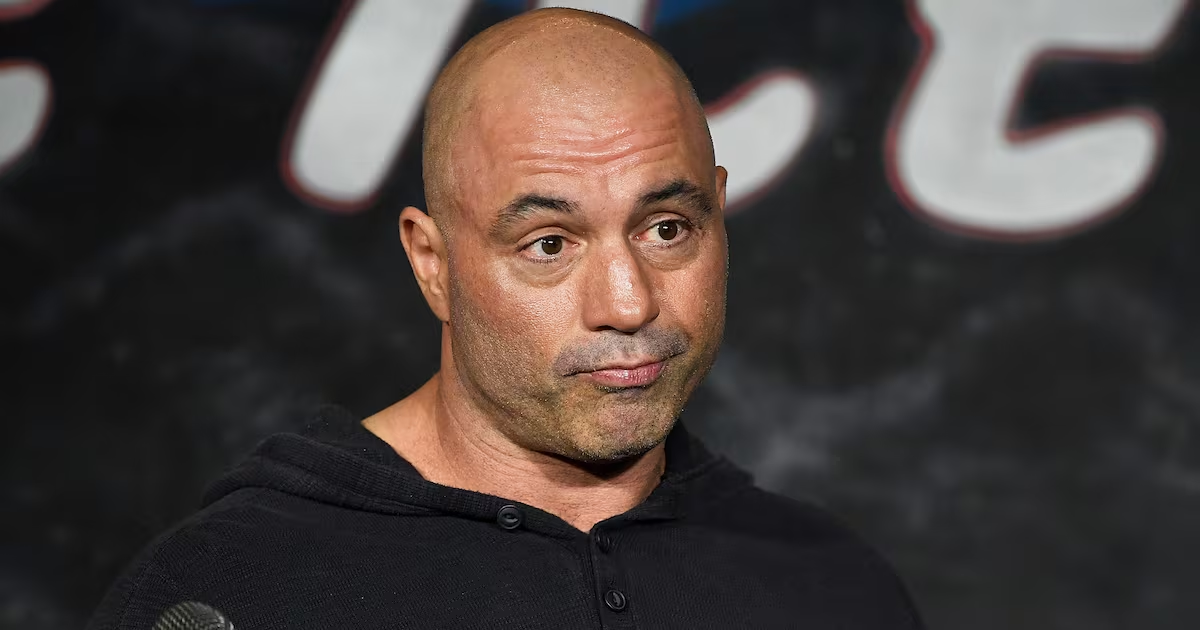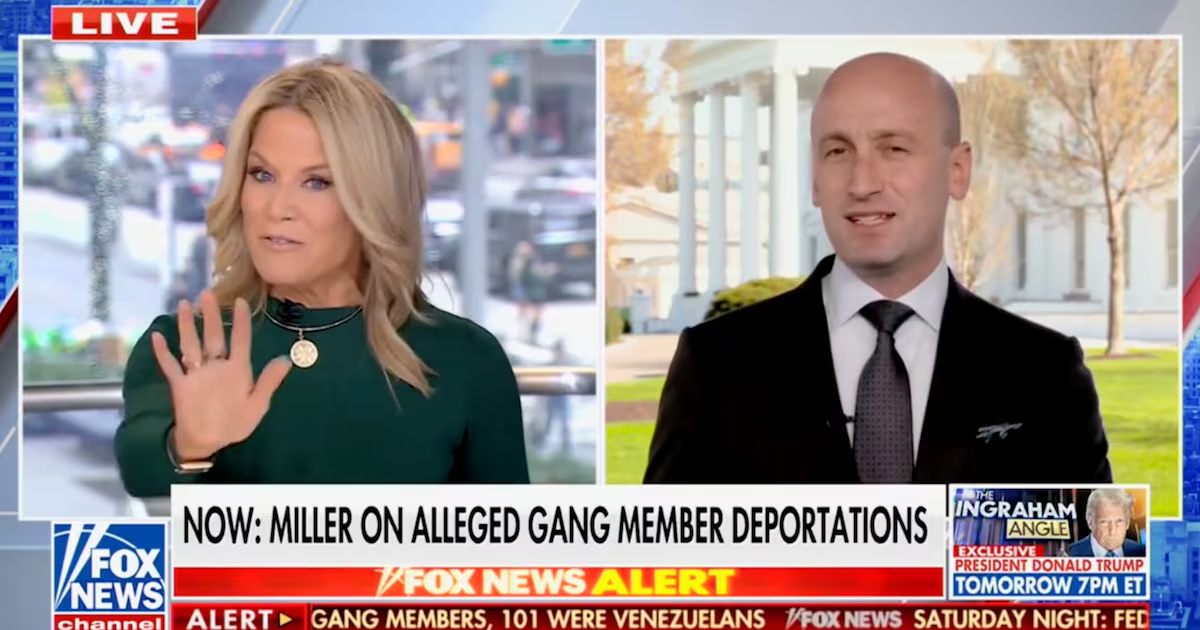Donald Verrilli had a bad day. Most people who heard the United States Solicitor General argue before the Supreme Court in support of the Affordable Care Act agree it wasn’t his finest hour. But was it “one of the most spectacular flameouts in the history of the court,” in the hyperbolic words of Adam Serwer at Mother Jones? Or did Verrilli simply struggle a bit, as Jonathan Cohn of The New Republic described it? The answer lies somewhere in between.
Although Verrilli did seem to find his sea legs as the argument went on, his opening was cringeworthy: he stuttered, he stumbled, he paused for a drink of water. Verrilli seemed more like a nervous first-year law student than a respected advocate who had appeared before the court on 17 previous occasions. He started out so poorly that on several occasions, one or more of the court’s four liberal justices, who are all expected to vote to uphold the law, seemed to feel they had to guide Verrilli back to his strongest arguments.
The first instance came after the solicitor general had gotten bogged down discussing hypotheticals about broccoli and blue-eyed people with Justice Scalia. Justice Ruth Bader Ginsburg stepped in and said, “I thought that your main point is that, unlike food or any other market, when you made the choice not to buy insurance, even though you have every intent in the world to self-insure, to save for it, when disaster strikes, you may not have the money.”
Verrilli picked up the hint, but before he got the chance to run with it, he was interrupted by a long meandering thought by Justice Stephen Breyer. Ginsburg, undeterred, said Breyer had interrupted his answer, and reiterated her point. “Tell me if I'm wrong about this, but I thought a major, major point of your argument was that the people who don't participate in this market are making it much more expensive for the people who do.”

Soon after, Justice Sonia Sotomayor seemed to indicate she thought Verrilli was failing to make his best case. “I see or have seen three strands of arguments in your briefs, and one of them is echoed today,” Sotomayor said. She then tried to guide him back toward the other two strands, and outlined all three to be safe.
As the argument went on, Verrilli appeared to get more comfortable with his brief. But was it too little too late?
In short, probably not. The worst-kept secret in appellate litigation is that oral arguments don’t matter that much. Despite the panicked reactions of some legal experts like Jeffrey Toobin, most of the decision-making process centers around past court precedent and the briefs submitted by the parties and amici curiae (or “friends of the court”). In any case, the justices’ questions are far more telling than an attorney’s eloquence (although by that measure, too, the law’s defenders didn’t find very much comfort Tuesday).
Still, the anxiety over Verrilli’s performance is due mostly to the fact that it is the only part of the decision-making process the public can see. There’s a lot more going on below the surface, and whether Verrilli's performance is more reminiscent of Matlock or My Cousin Vinny is not terribly consequential in the long run. The final decision won’t come down for months, during which any stumbling and stammering will become a distant memory. But when almost all of the court’s deliberative process takes place behind closed doors, that small, dramatic sliver that we can see seems all the more consequential.





